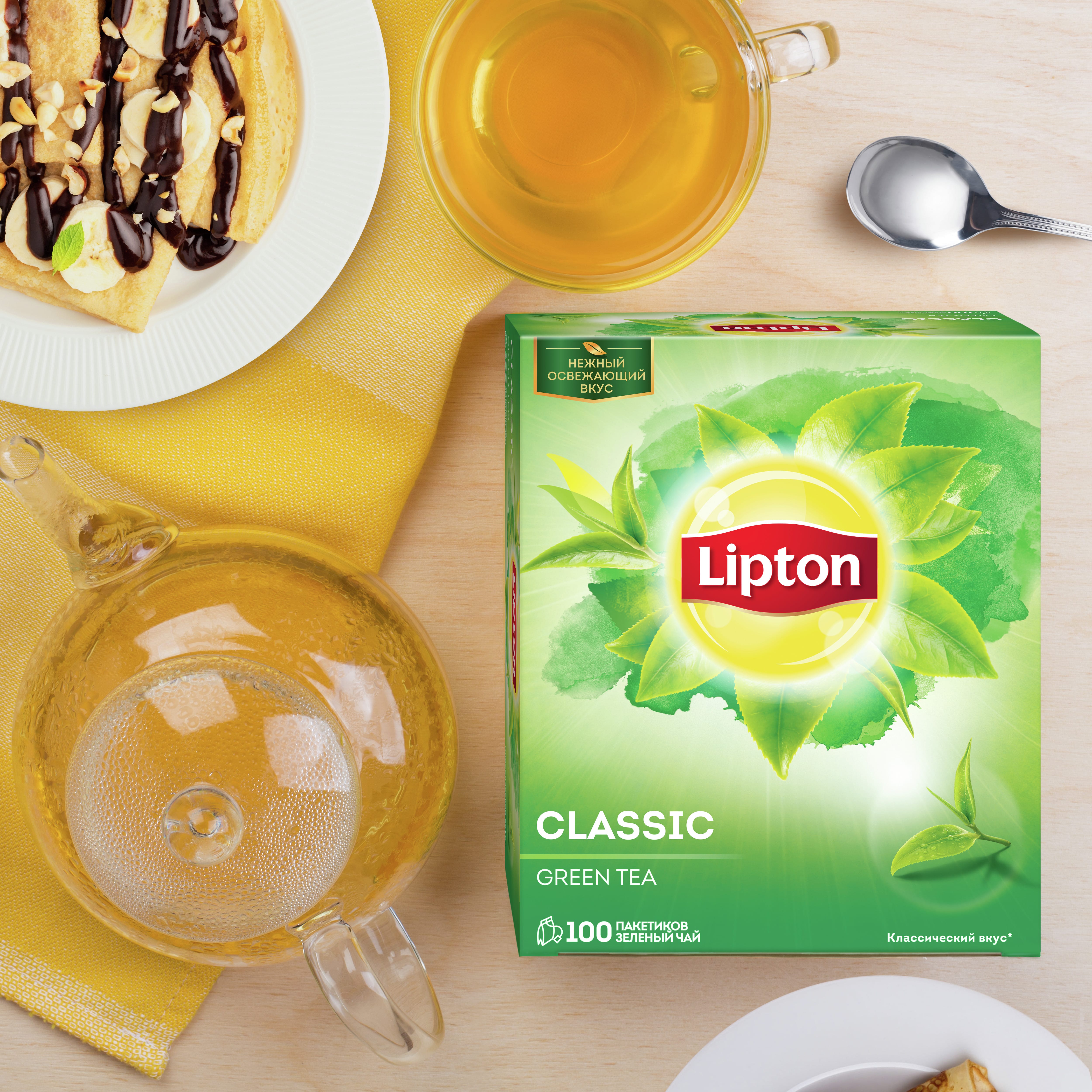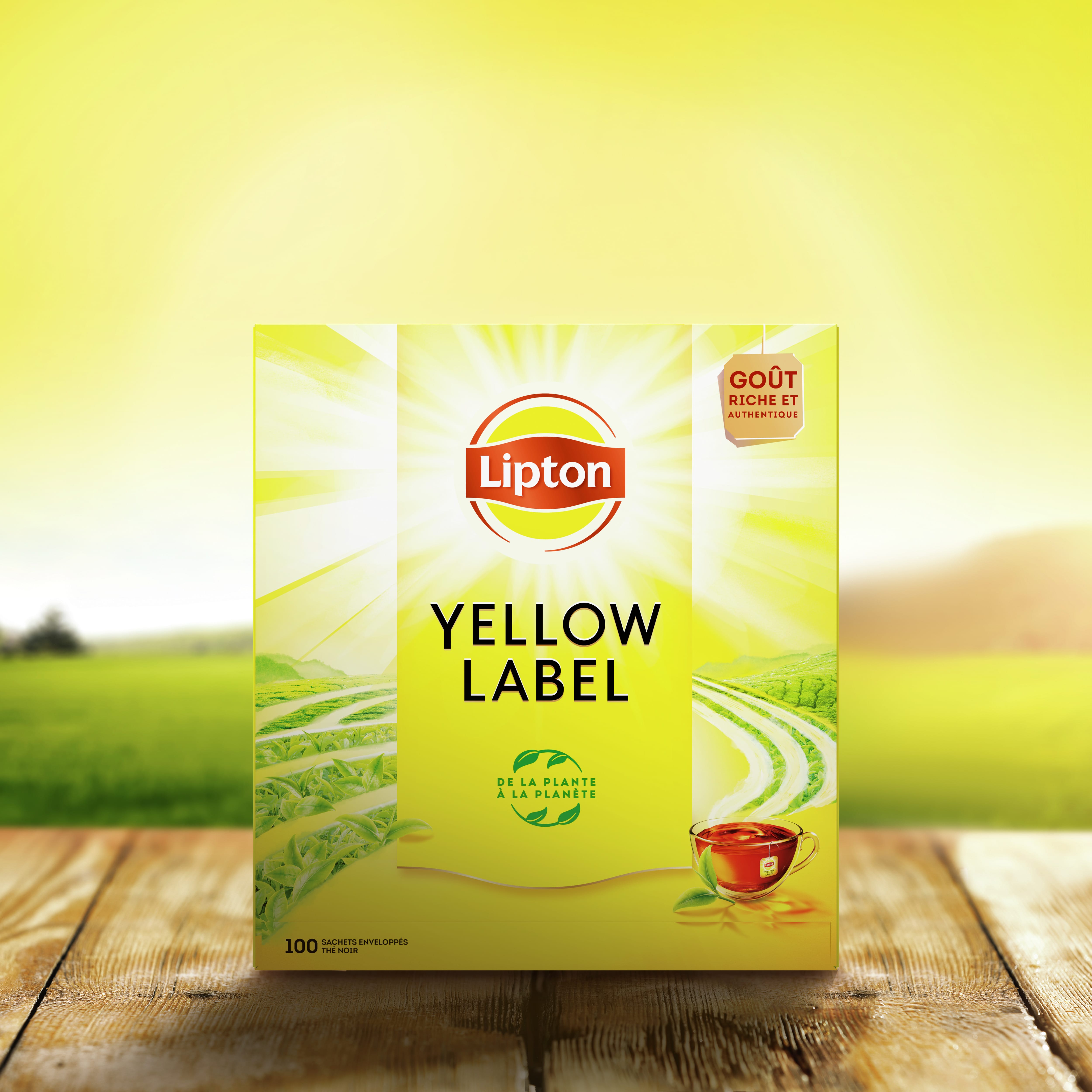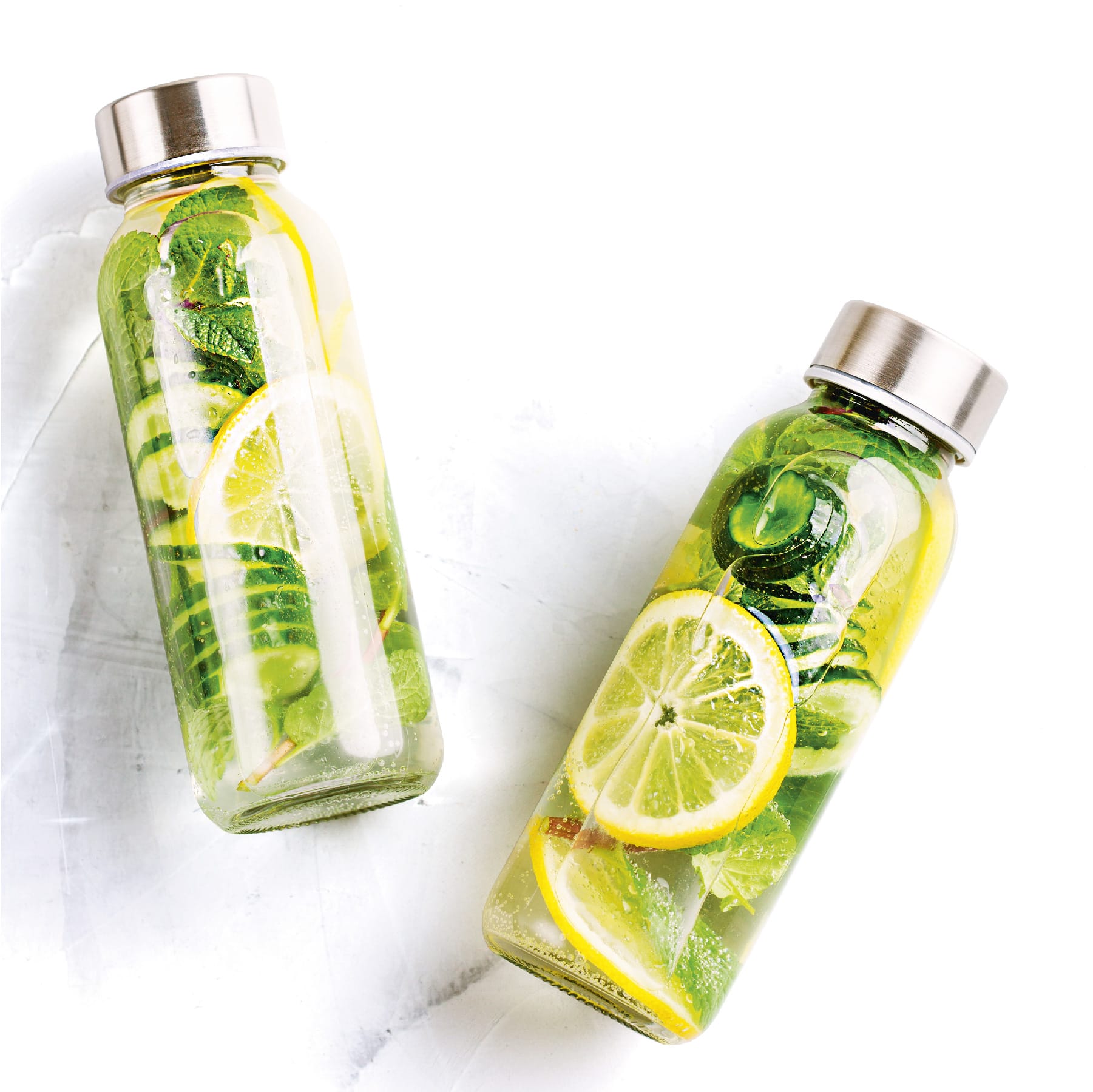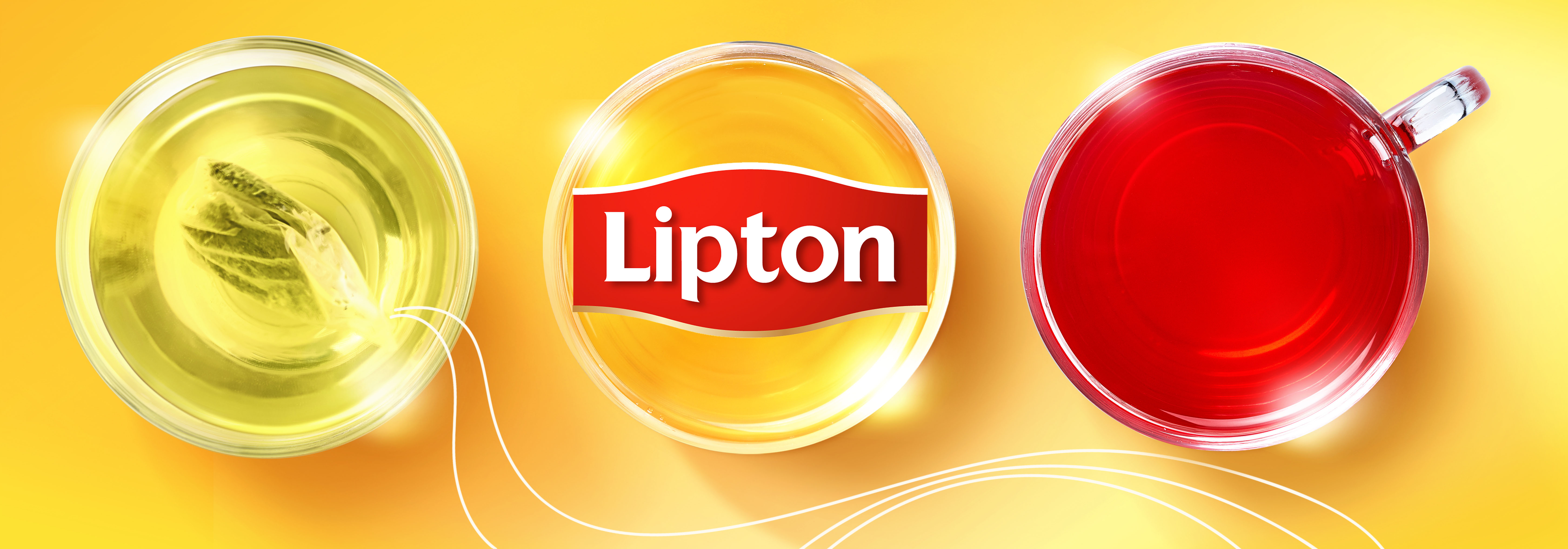

Purpose
Lipton aims to positively impact people’s wellbeing by democratizing the goodness of tea through a wide choice of delicious drinks across the tea segment, everywhere, for everyone and at every moment.
Lipton's products
Give yourself time to unwind
Lipton’s products Lipton encourages customers to make better beverage choices through a wide range of tea and infusion-based products.
These include tasty black and green teas, caffeine-free infusions, revitalizing organic blends and beautiful tea gift packs.
Lipton teas and infusions can be enjoyed hot or iced.
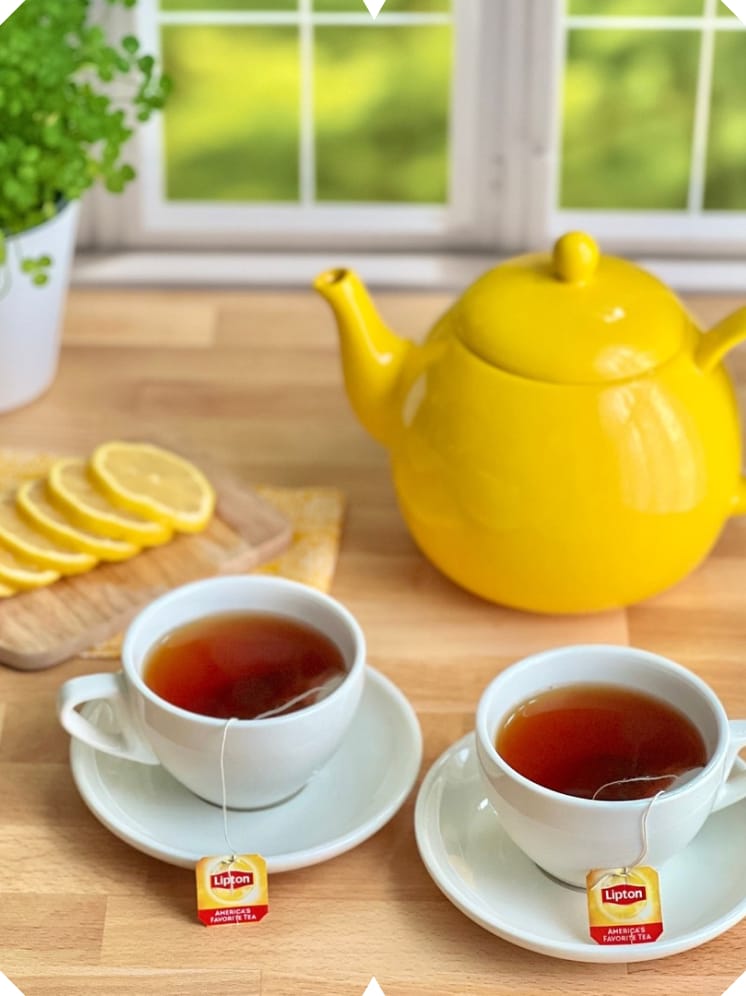
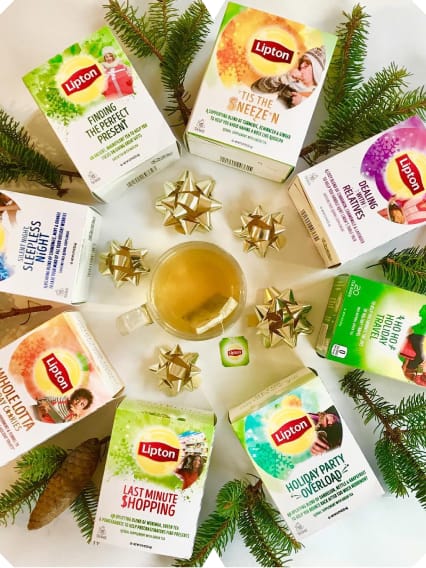

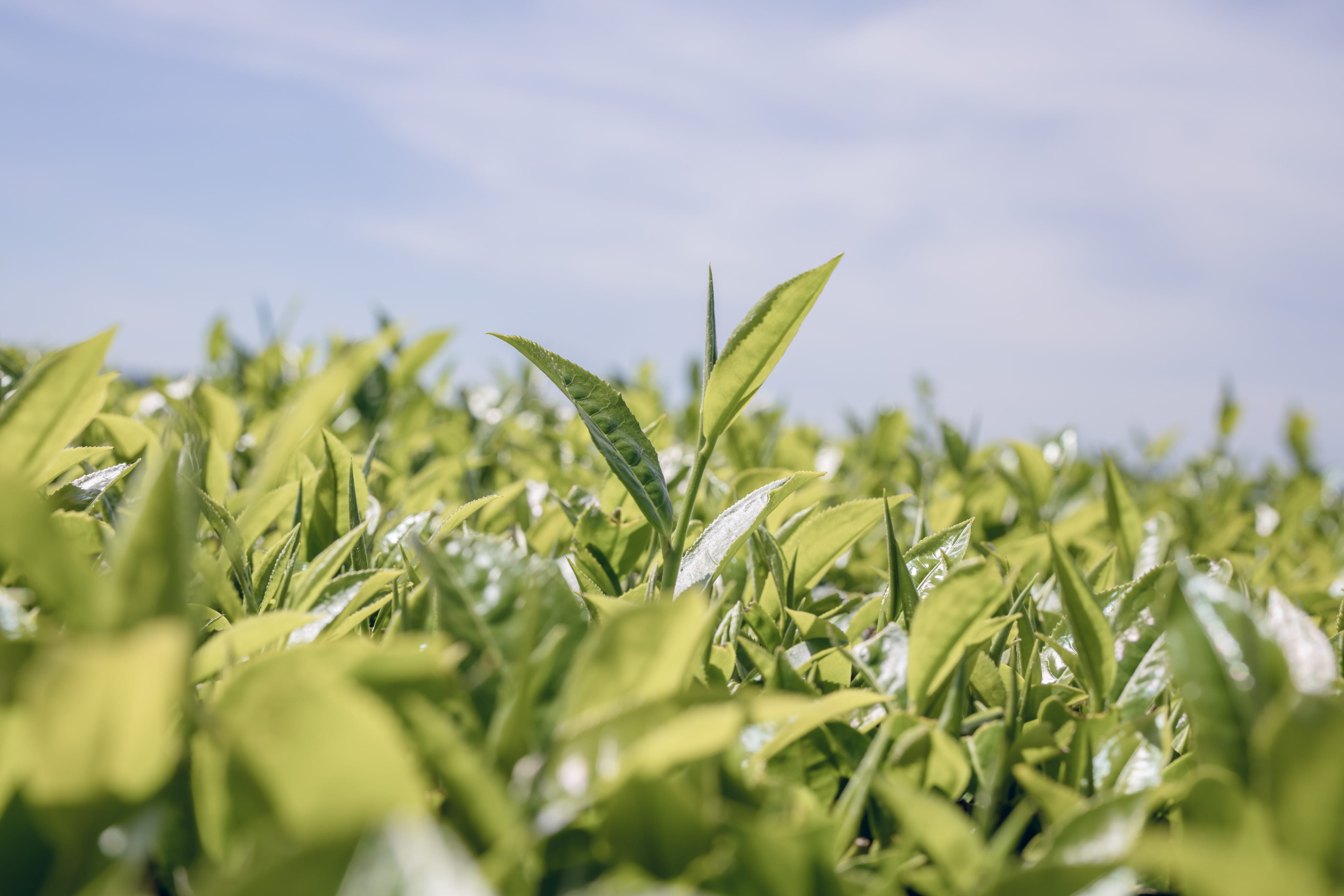
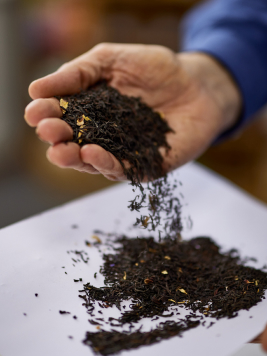

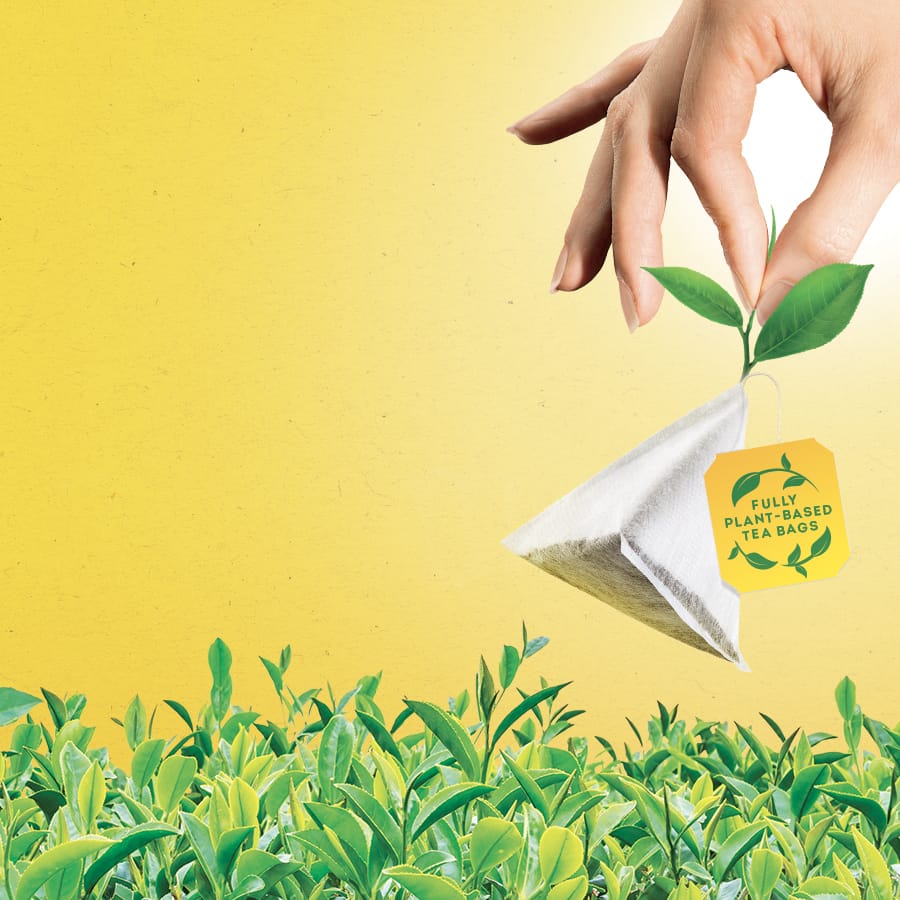
#1
100%
100%
Tea brand in the world
Sustainably sourced tea
Plant-based teabags
Lipton’s story
Spread goodness of tea
In May 1871, Sir Thomas Lipton opened his first grocery shop in Glasgow, UK. Within a few decades, he made tea – until then a rare and expensive beverage – into something anyone could make and enjoy at home.
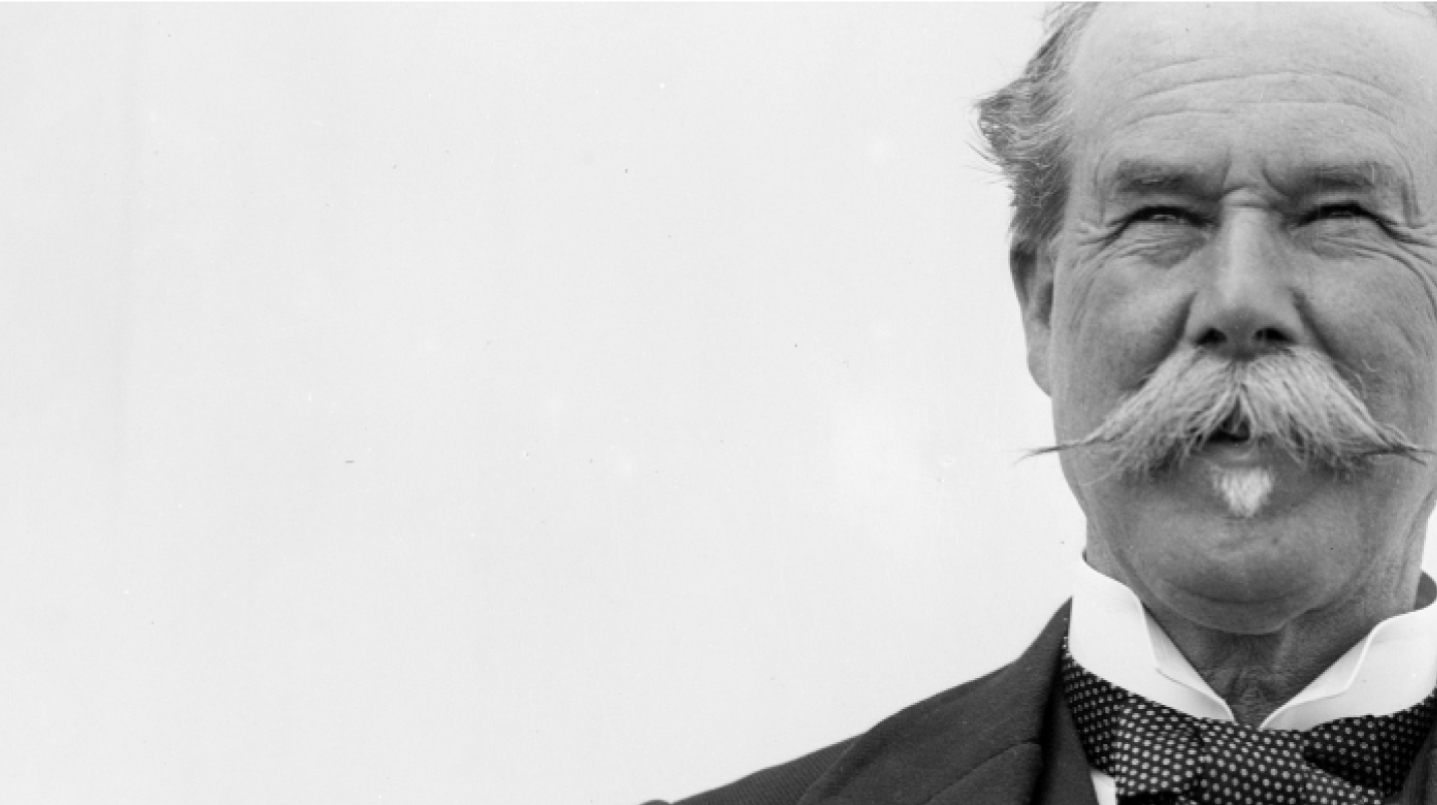
Through innovation, Lipton popularizes the latest ingredients and their benefits, such as matcha and moringa. For its iconic Yellow Label black tea, available in more than 100 countries, Lipton continuously selects the finest tea leaves from the best tea gardens around the world. It blends them with passion and expertise to deliver the most delicious cut-through flavor and balanced taste of black tea with aromatic notes. It’s the perfect cup to enjoy morning and afternoon, whenever you need that uplifting moment.
